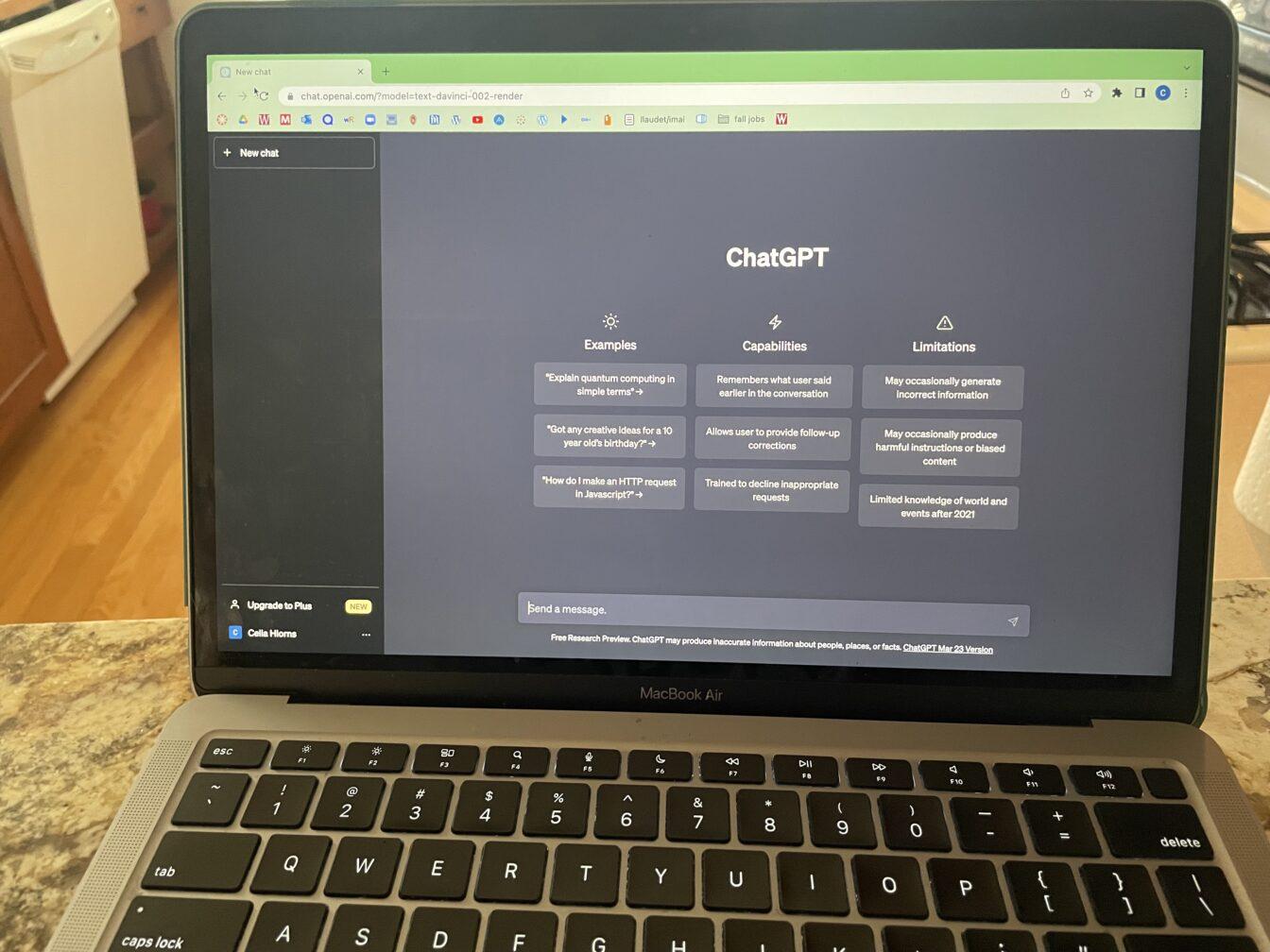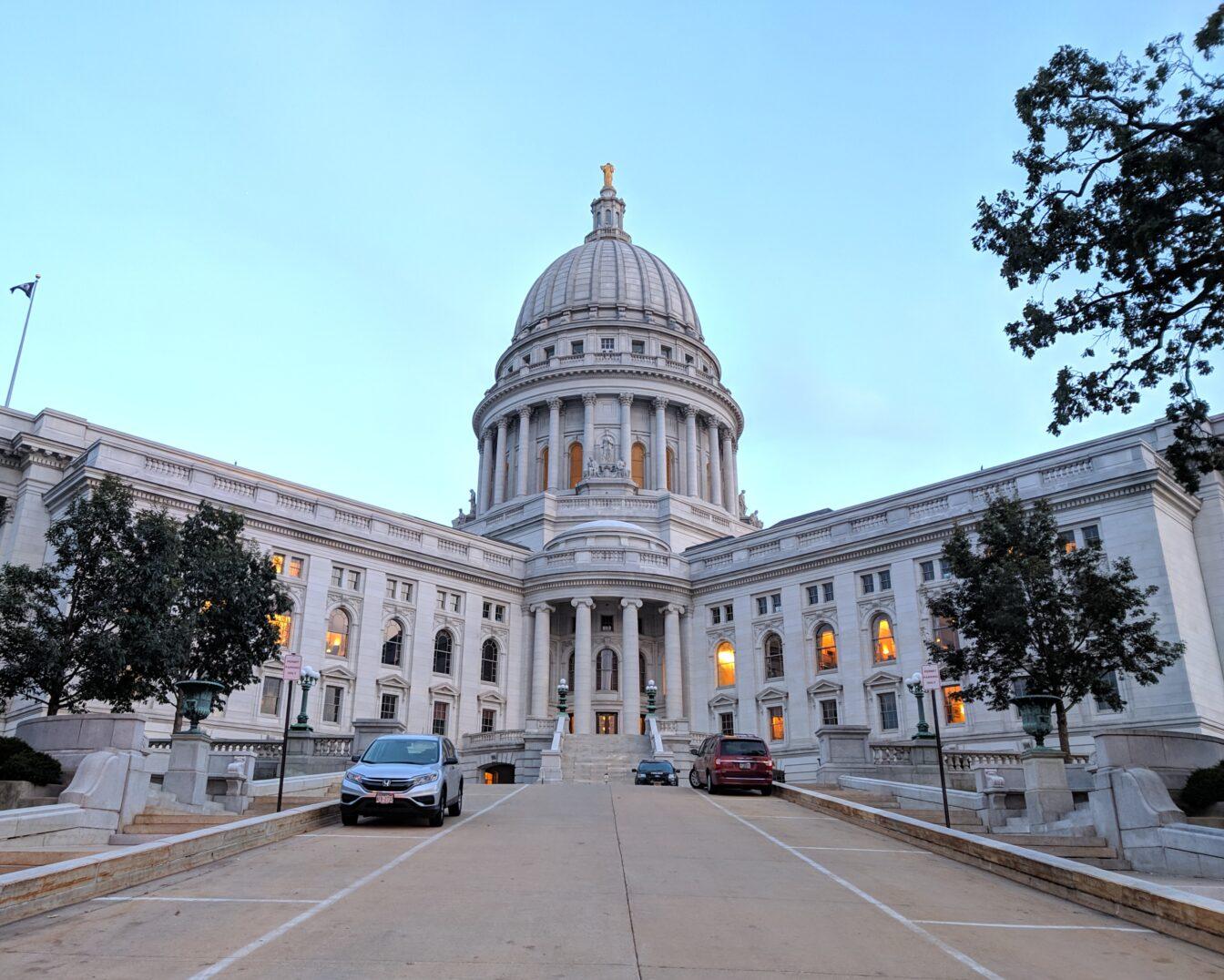The reality of minimum wage jobs today is that people have to work two jobs for nearly 100 hours per week to get by and be able send their children to college.
Raising minimum wage will help spur further economic growth. It will also lift millions of Americans out of poverty and give them the chance to succeed at their full potential.
At this point, the minimum wage fight has been battled at all levels and has been a hot-button issue among Americans for years. It is a perpetual fight, and currently a minimum wage worker makes less than $14,000 per year working 40 hours per week without any holidays off.
When you consider that student loan debt and minimum wage are inseparable issues, the situation looks even worse. If you work 40 hours per week, 50 weeks per year, you have just enough money to cover average student loan payments. That is without money allocated for food, rent, shelter or other basic needs; you wouldn’t even be able to stay above water.
Unlike many national issues, this one is not terribly convoluted or complicated. There are numerous easy fixes, and this is why the perpetuation of the issue is so frustrating.
One method to “cure” the minimum wage problem was particularly successful in Oregon. The state passed a bill in 2002 that tied the minimum wage to the cost of living. Similar bills have been introduced at the federal level, but have failed to pass in the shadow of loud, blustering conservative voices.
The idea is every state and region have different costs of living, so different wages would constitute a living wage. Conservatives should be lining up behind this legislation, as it remedies their argument that a standard minimum wage does not take into account varying costs of living.
Not only should conservatives be lining up behind this piece of legislation, they should be championing the cause to raise the minimum wage in any way possible. Their vehement opposition to raising minimum wage — or even having minimum wage at all — increases and entirely contradicts their much stronger opposition to the welfare state.
Our unusually low minimum wage of $7.25 places a much heavier weight on the need for a welfare state. Families cannot live on $28,000, let alone $14,000 per year, without needing assistance from the government to cover their basic needs. Even a modest raise in the minimum wage would lift millions of Americans out of the welfare state.
Finally, increasing the minimum wage will not lead to increased unemployment. On the surface, this idea is flat out wrong. Washington State has the highest minimum wage in the country, and their unemployment rate is below the national average.
On a more nuanced level, employers want workers who can comfortably pay rent and do not have to work an extra job or two just to support their family. Workers who can focus on one job and not worry about paying the bills every month simply perform the best for their employers.
Raising the minimum has no devastating economic impact. It is the right economic thing to do, but more importantly, it is the right moral thing to do.
August McGinnity-Wake ([email protected]) is a sophomore majoring in political science and environmental studies.














